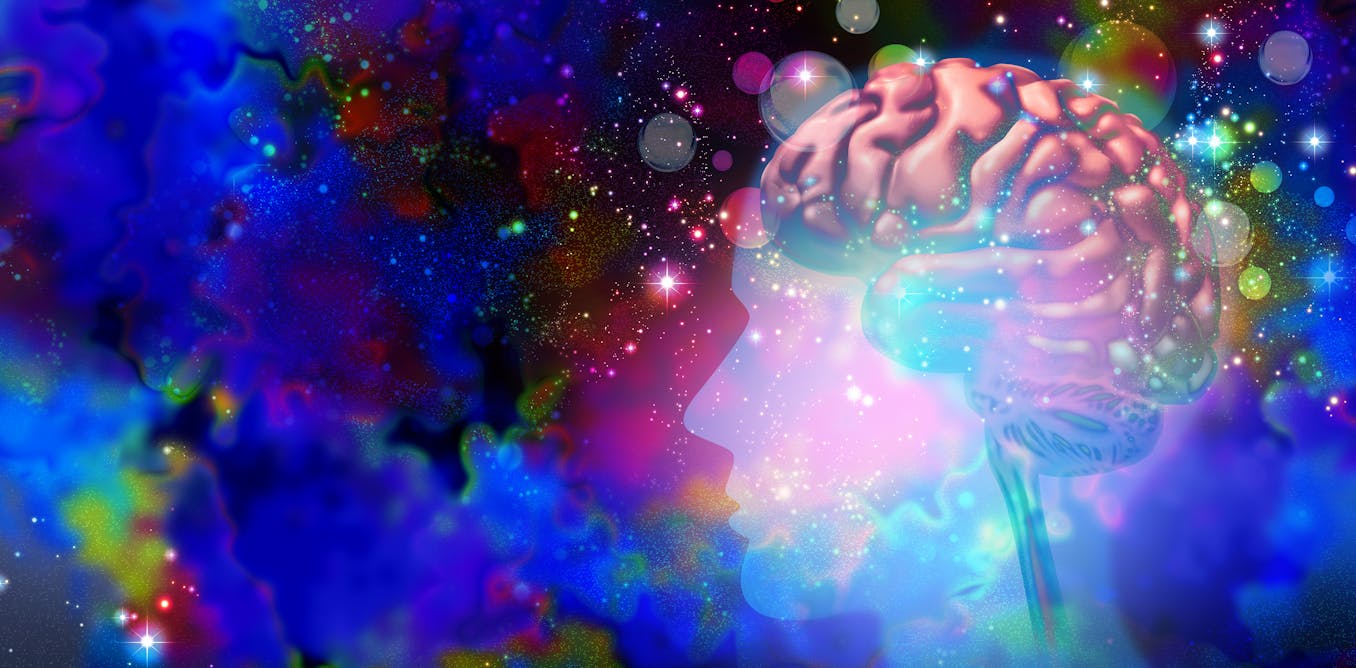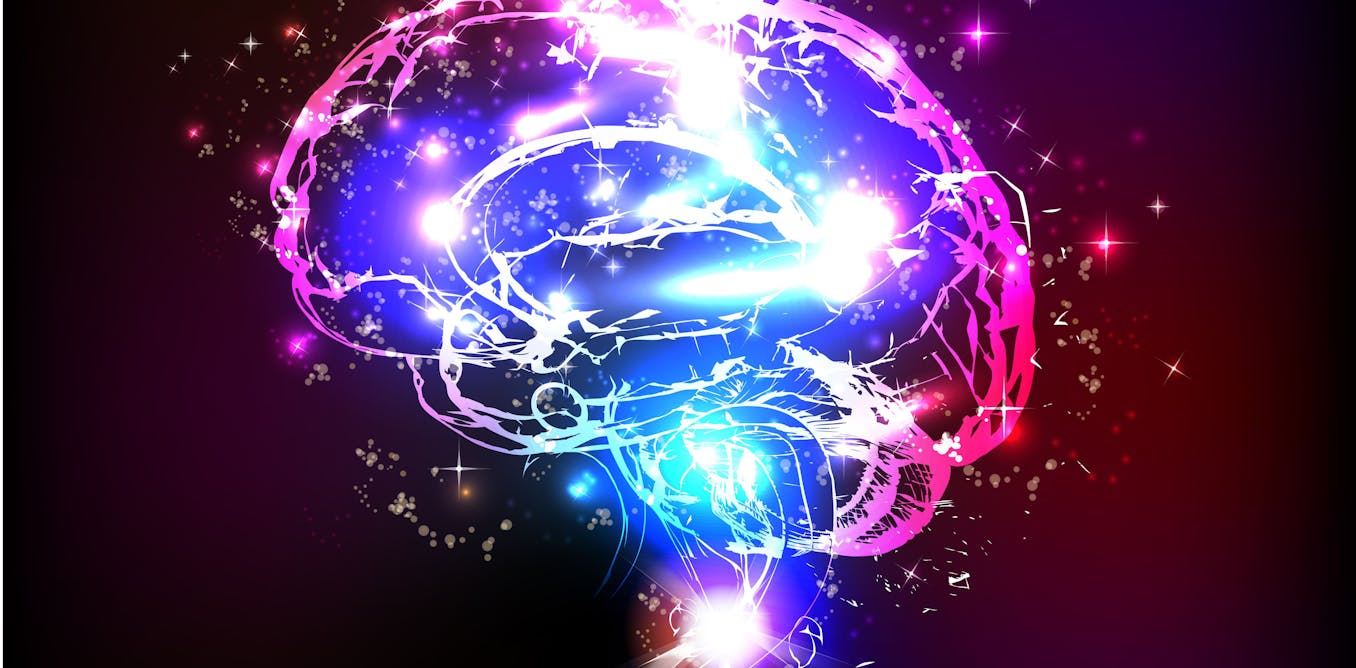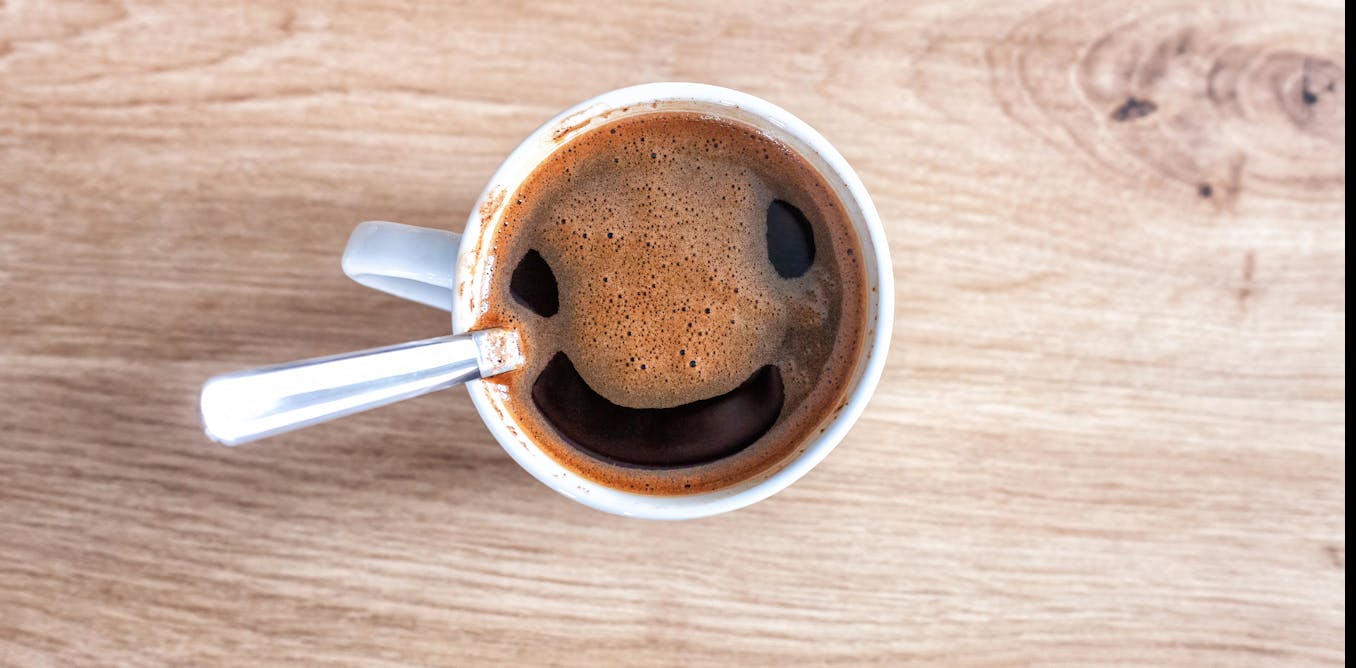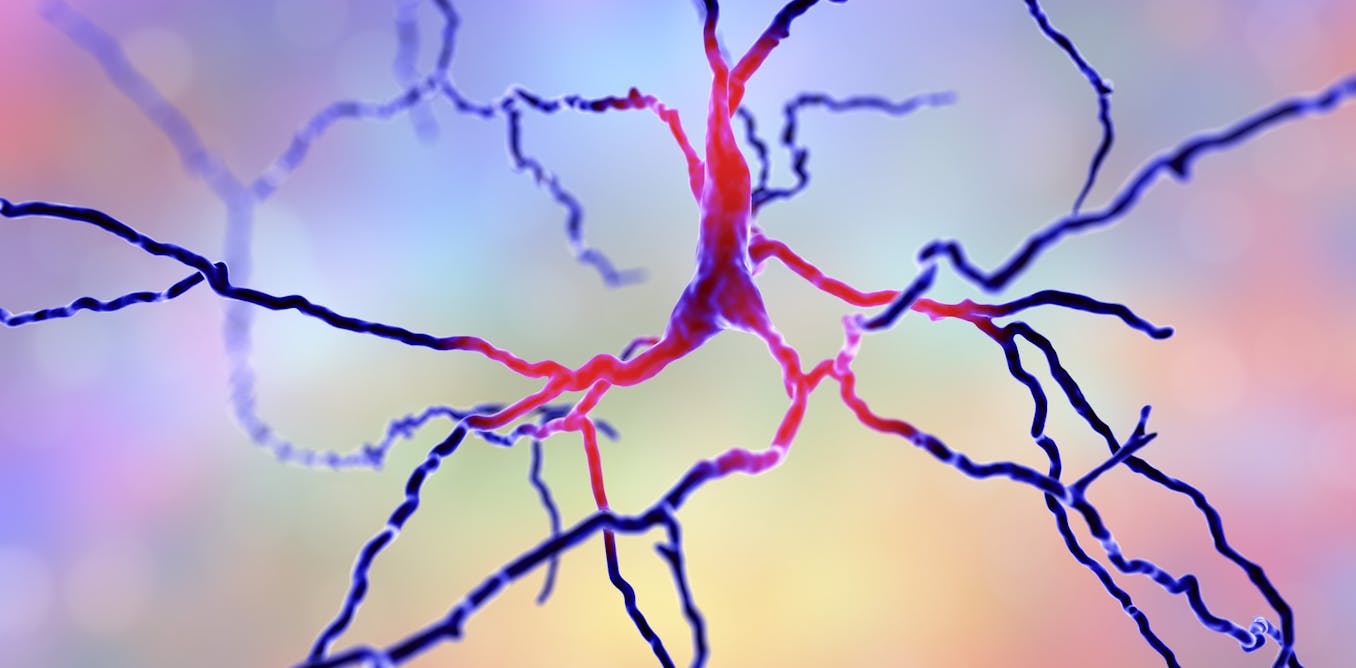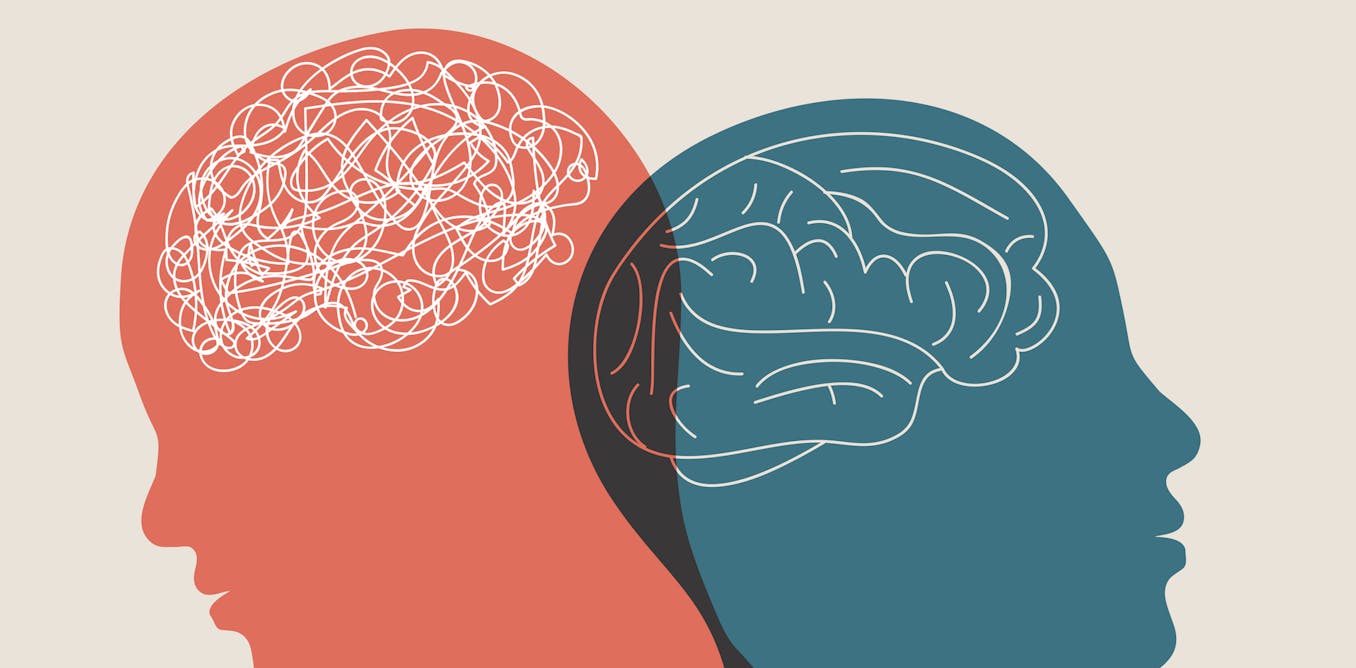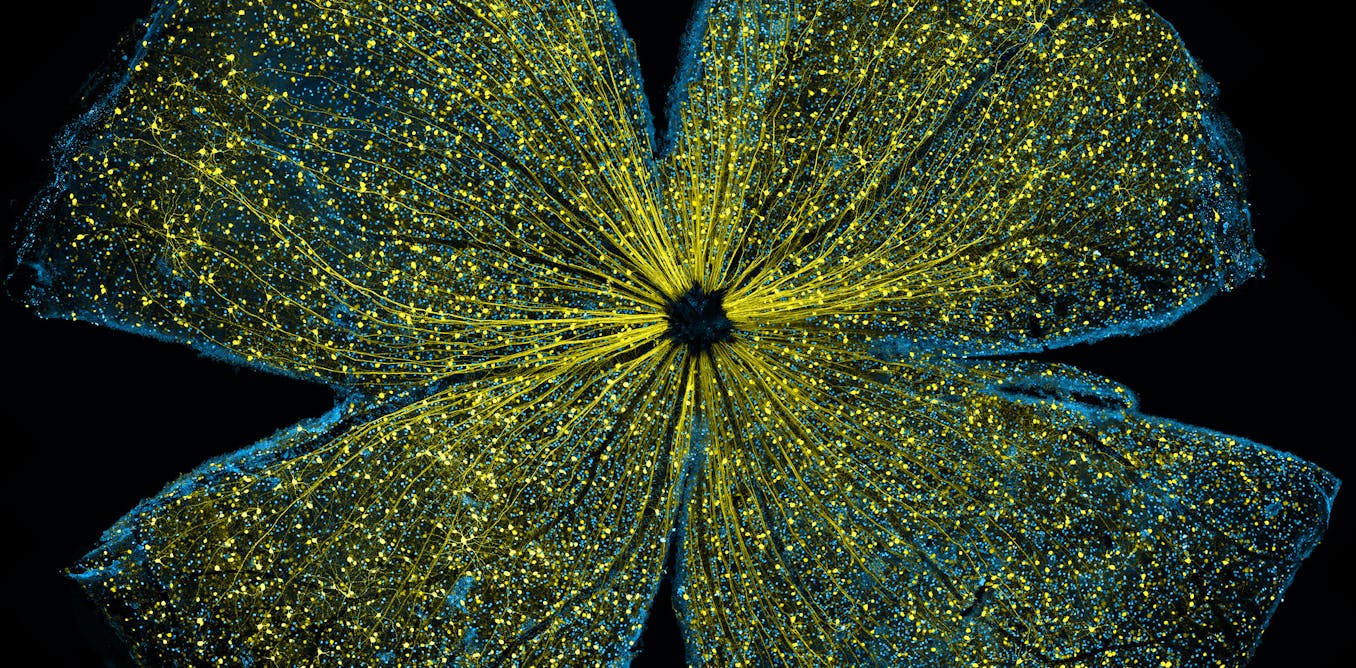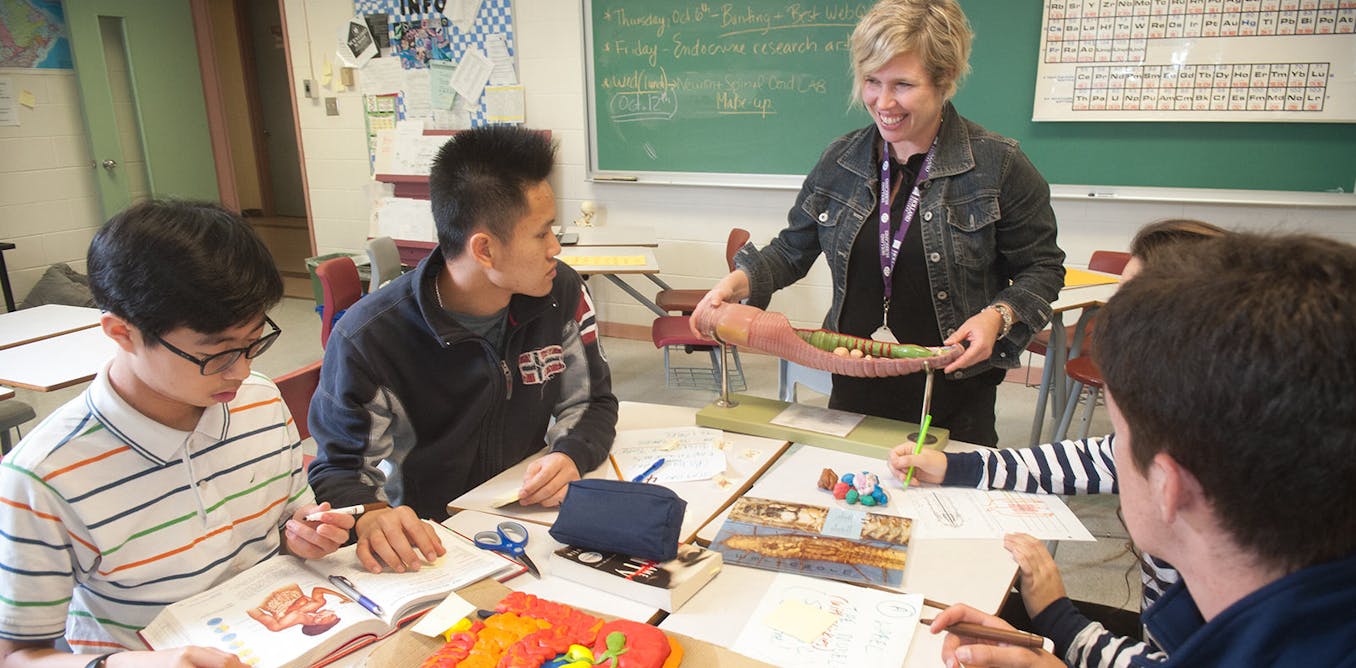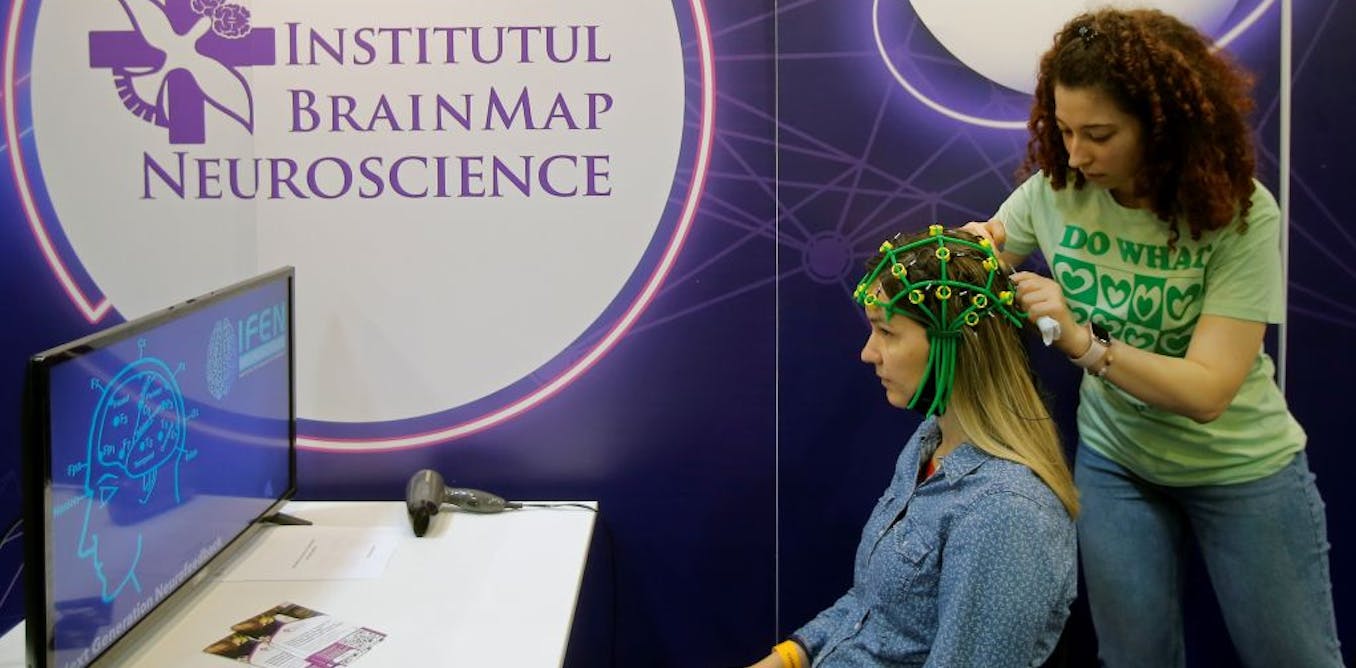Psychedelics plus psychotherapy can trigger rapid changes in the brain − new research at the level of neurons is untangling how
Change in the brain usually comes with plenty of effort over time. Neuroscientists are working to understand how psychedelic drugs provide a shortcut that seems to rely on existing brain systems.
Oct. 2, 2023 • ~8 min

